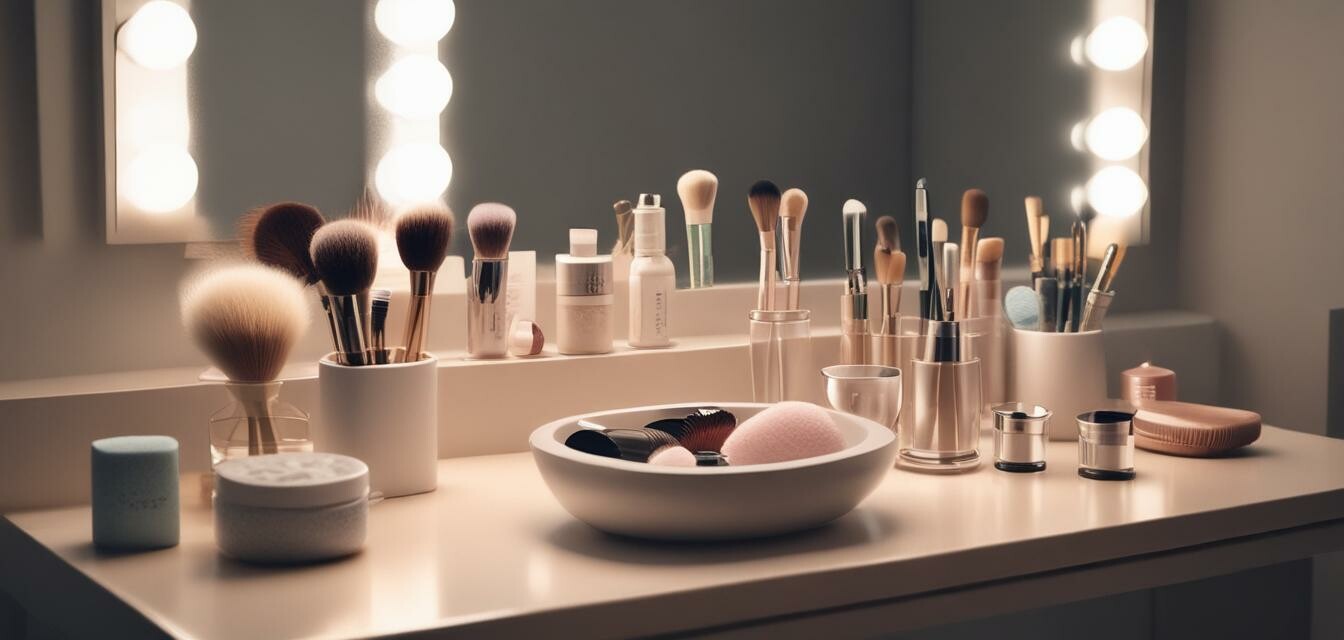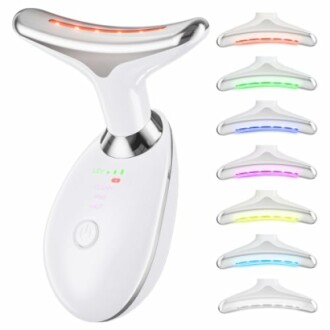
This article was generated using AI and is based on real customer reviews from the Amazon platform. It contains affiliate links, meaning we may earn a commission—at no extra cost to you. As Amazon Associates, we earn from qualifying purchases.
Understanding the Benefits of Regular Facial Tool Cleaning
Key Takeaways
- Regular cleaning of facial tools prevents bacterial growth.
- Maintaining hygiene is essential for healthy skin.
- Enhanced tool longevity through proper care.
- Improved results from skincare products when used with clean tools.
- Regular cleaning routines minimize the risk of skin irritation and breakouts.
Facial tools have become essential components in many skincare routines, providing various benefits from deep cleansing to facial sculpting. However, without regular cleaning, these tools can become a breeding ground for bacteria, leading to potential skin issues. In this article, we will discuss the numerous benefits of regularly cleaning your facial tools and provide practical tips for maintaining their hygiene.
Why Clean Facial Tools?
Many users underestimate the importance of hygiene when it comes to beauty tools. Here's why keeping your tools clean is crucial:
- Health Benefits: Regular cleaning prevents the buildup of bacteria that can lead to skin irritation and infections.
- Efficiency: Clean tools function better, providing more effective results in your skincare routine.
- Durability: Investing time in cleaning can prolong the lifespan of your facial tools.
Common Facial Tools in Need of Regular Cleaning
Here are some common facial tools that require frequent cleaning:
- Facial brushes
- Makeup sponges
- Massagers
- Electrotherapy devices
Benefits of Keeping Your Facial Tools Clean
| Benefit | Description |
|---|---|
| Prevents Bacterial Growth | Cleaning tools regularly eliminates harmful bacteria, reducing the risk of skin infections and acne. |
| Enhances Tool Performance | Clean tools provide better application of skincare products, maximizing their effectiveness. |
| Reduces Skin Irritation | Using dirty tools can cause skin reactions; clean tools help you maintain balance. |
| Improves Longevity | Better care extends the life of your tools, saving you money on replacements. |
How Often Should You Clean Your Facial Tools?
The frequency of cleaning your tools depends on the type and use of the tool. Below are general guidelines:
- Facial Brushes: Clean after every use
- Makeup Sponges: Clean daily
- Massagers: Clean after each use to maintain hygiene
Cleaning Tips and Products
Here are some effective cleaning strategies and products that can help maintain your facial tools:
Tips for Beginners
- Use gentle, non-abrasive cleaners to avoid damaging your tools.
- Pat tools dry with a clean towel after washing them.
- Store your facial tools in a clean, dry area to prevent bacteria growth.
Recommended Cleaning Products
Here are some standout products for keeping your tools clean:
Neck and Face Massager, 7- in -1 Face Sculpting Tool
This versatile massager features 7 different modes for effective skin care, enhancing your facial routines while ensuring cleanliness.
See ProductRadio Frequency Skin Tightening Face Lifter
This electric device combines various technologies to target skin issues while ensuring proper hygiene.
Explore NowMaintaining Your Tools
Remember to check your tools regularly for any signs of damage or wear. A damaged tool may not clean effectively and could pose risks to your skin.
Final Thoughts
Regularly cleaning your facial tools is essential for maintaining healthy skin and ensuring optimal performance. By integrating these practices into your routine, you can enjoy the benefits of clean tools and, ultimately, a more radiant complexion. For additional insights into beauty tool hygiene, explore our article on the Importance of Beauty Tool Hygiene.
Further Resources
Want to delve deeper into related subjects? Check out these additional resources:

